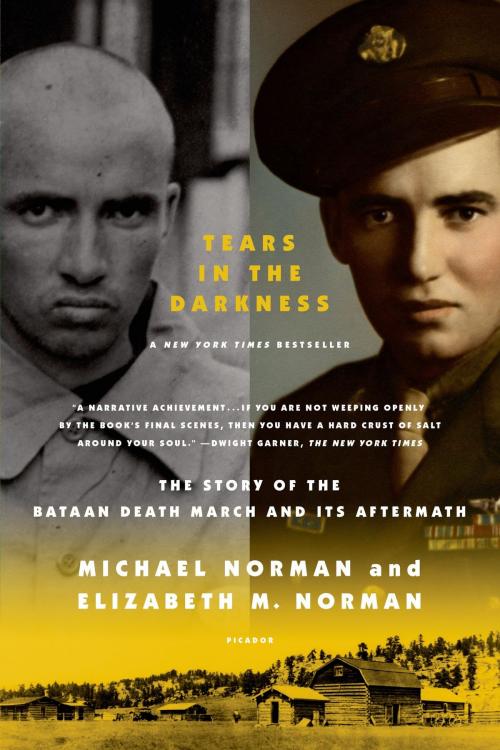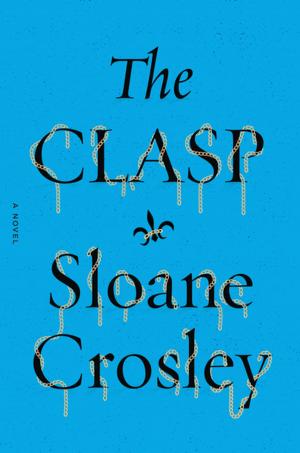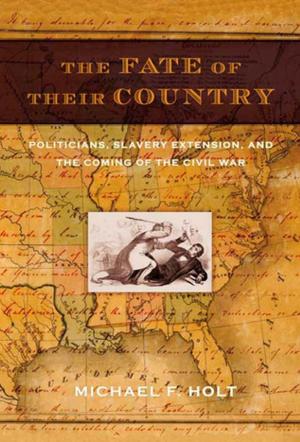Tears in the Darkness
The Story of the Bataan Death March and Its Aftermath
Nonfiction, History, Australia & Oceania, Military, World War II, Biography & Memoir, Historical| Author: | Michael Norman, Elizabeth M. Norman | ISBN: | 9781429918510 |
| Publisher: | Farrar, Straus and Giroux | Publication: | June 9, 2009 |
| Imprint: | Farrar, Straus and Giroux | Language: | English |
| Author: | Michael Norman, Elizabeth M. Norman |
| ISBN: | 9781429918510 |
| Publisher: | Farrar, Straus and Giroux |
| Publication: | June 9, 2009 |
| Imprint: | Farrar, Straus and Giroux |
| Language: | English |
Tears in the Darkness is an altogether new look at World War II that exposes the myths of war and shows the extent of suffering and loss on both sides.
For the first four months of 1942, U.S., Filipino, and Japanese soldiers fought what was America's first major land battle of World War II, the battle for the tiny Philippine peninsula of Bataan. It ended with the surrender of 76,000 Filipinos and Americans, the single largest defeat in American military history.
The defeat, though, was only the beginning, as Michael and Elizabeth M. Norman make dramatically clear in this powerfully original book. From then until the Japanese surrendered in August 1945, the prisoners of war suffered an ordeal of unparalleled cruelty and savagery: forty-one months of captivity, starvation rations, dehydration, hard labor, deadly disease, and torture—far from the machinations of General Douglas MacArthur.
The Normans bring to the story remarkable feats of reportage and literary empathy. Their protagonist, Ben Steele, is a figure out of Hemingway: a young cowboy turned sketch artist from Montana who joined the army to see the world. Juxtaposed against Steele's story and the sobering tale of the Death March and its aftermath is the story of a number of Japanese soldiers.
Tears in the Darkness is an altogether new look at World War II that exposes the myths of war and shows the extent of suffering and loss on both sides.
For the first four months of 1942, U.S., Filipino, and Japanese soldiers fought what was America's first major land battle of World War II, the battle for the tiny Philippine peninsula of Bataan. It ended with the surrender of 76,000 Filipinos and Americans, the single largest defeat in American military history.
The defeat, though, was only the beginning, as Michael and Elizabeth M. Norman make dramatically clear in this powerfully original book. From then until the Japanese surrendered in August 1945, the prisoners of war suffered an ordeal of unparalleled cruelty and savagery: forty-one months of captivity, starvation rations, dehydration, hard labor, deadly disease, and torture—far from the machinations of General Douglas MacArthur.
The Normans bring to the story remarkable feats of reportage and literary empathy. Their protagonist, Ben Steele, is a figure out of Hemingway: a young cowboy turned sketch artist from Montana who joined the army to see the world. Juxtaposed against Steele's story and the sobering tale of the Death March and its aftermath is the story of a number of Japanese soldiers.















